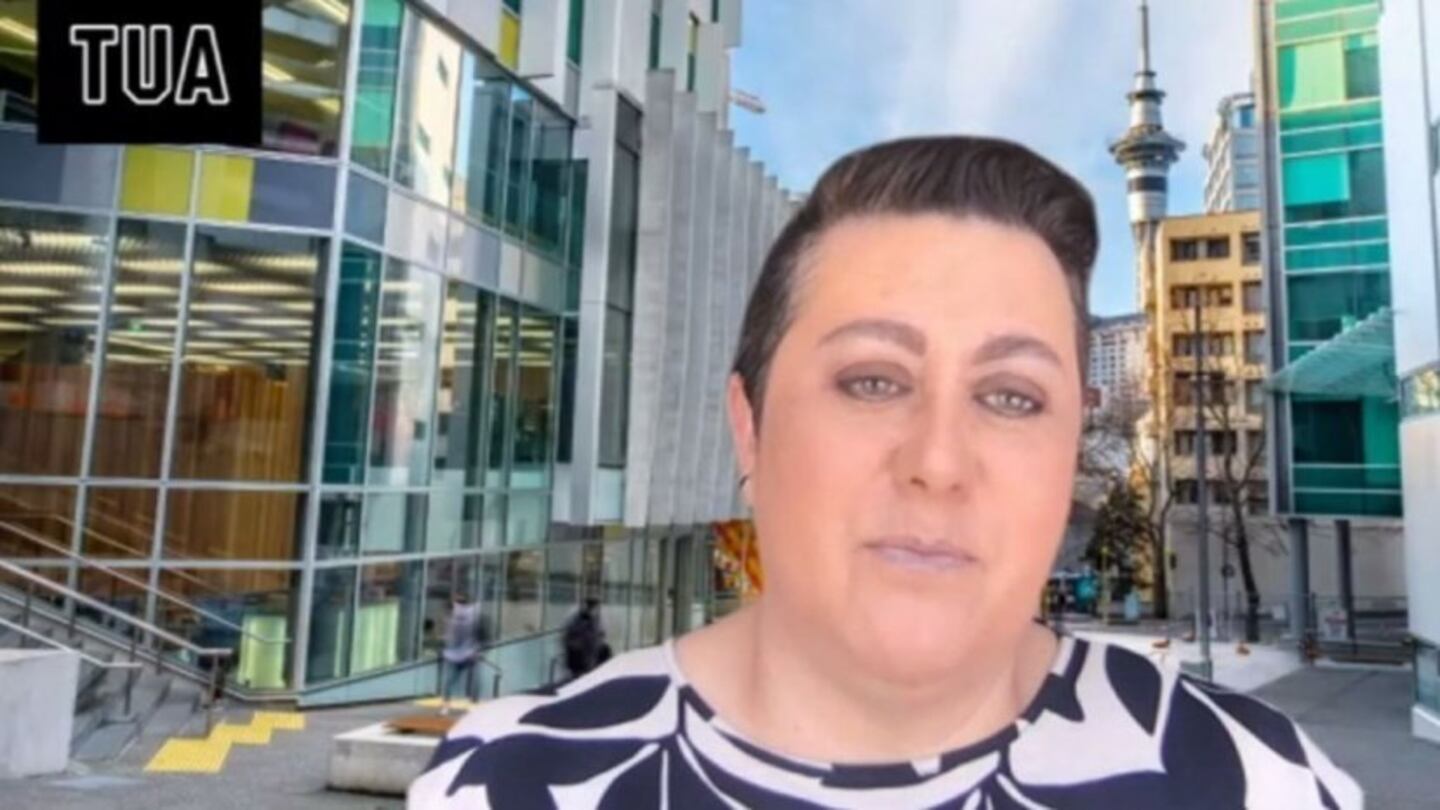Source / File
It was revealed this week that Pākehā are granted name suppression three times as often as Māori. However, the Dean of the Law School at AUT Khylee Quince says there are a number of factors that contribute to the large disparity.
Quince (Te Roroa, Ngāpuhi, Ngāti Porou) points to the fact that Māori are less likely to have a private lawyer and believes Māori are less likely to apply for name suppression because of the high bar required to have name suppression granted. But that does not mean there is not a problem.
“That highlights a much bigger systemic problem which is the broader access to justice issue," said Quince.
"That is pretty well known that those outcomes and whatever outcome you’re talking about - whether it’s name suppression, or the nature of charges, the level of charges and, of course, outcomes in terms of convictions and punishment - are much harsher for Māori.”
She also believes there are cultural elements at play with how judges interpret a Māori person's standing within the community when considering name suppression.
“The other sort of area of inequity or discrimination here, that again judges seem to take into account, is particular kinds of hardship," said Quince.
"Someone during the week quite rightly asked the question: Our judges would they consider say Māori rangatira, tribal leaders, people of significance or repute within our own hapori and their mana?
"Is that the kind of hardship that judges have the ability to appreciate and understand and grant name suppression for? Rather than just leaders of industry, judges and important people from Te Ao Pākehā? That’s a different criticism and I think that’s a valid one,” she said.
The issue of name suppression was in the news this week when a couple who broke lockdown level 4 rules by going to Wānaka from Auckland were given interim name suppression.
Quince says interim name suppression is much easier to get, while there is a very high bar set for permanent name suppression, something Quince does not want changed, despite the seemingly low figures of Māori hitting that threshold.
“Name suppression is and should be difficult to get. Our fundamental starting point is the principle of open justice, that the community has an interest and a public interest in knowing who the people are who have been charged with or are facing criminal charges.”

